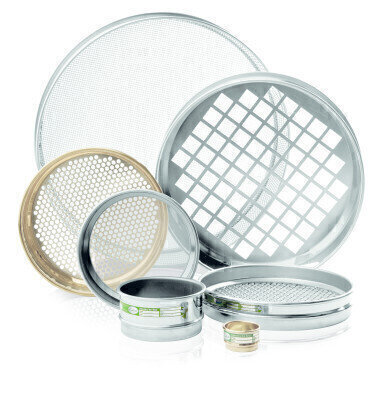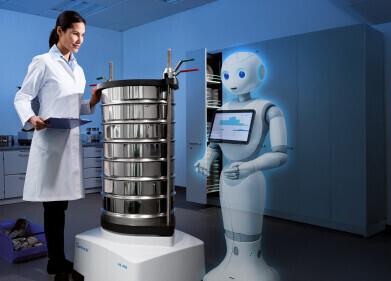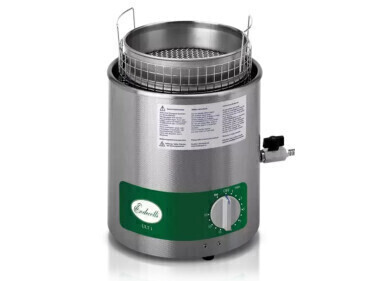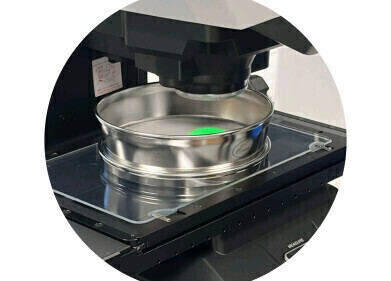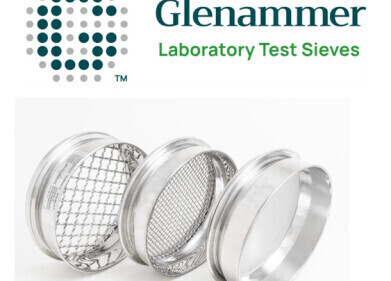Sieves
Accurate and Repeatable Particle Sizing using Laboratory Test Sieves
Jun 17 2019
A Laboratory test sieve is an instrument which is used for the measurement of particle size. In its most common form, it consists of a woven wire screen, with square apertures, rigidly mounted in a shallow cylindrical metal frame. For coarse sieving a perforated plate screen with square or round holes may be used in place of wire mesh. Square hole perforated plate sieves range down to 4 mm and round hole sieves down to 1 mm aperture.
The sizes of solid particles from 125 mm down to 20 μm can be measured rapidly and efficiently by means of standard test sieves. Special sieves with apertures smaller than 20 μm are available, but it should be appreciated that the finer a screen is, the more easily will certain types of particulate solids tend to block or blind the apertures. Nevertheless, 'micro' sieving can be carried out down to 5 μm using special techniques.
Particle size, as measured by test sieving, may be specified simply by quoting two sieve sizes, one through which the particles have passed, and the other on which they are retained, i.e. the particle size distribution.
Endecotts Ltd provide all the equipment necessary to perform meaningful particle size analysis using sieves to receive accurate and repeatable results every time.
More information online
Digital Edition
Lab Asia Dec 2025
December 2025
Chromatography Articles- Cutting-edge sample preparation tools help laboratories to stay ahead of the curveMass Spectrometry & Spectroscopy Articles- Unlocking the complexity of metabolomics: Pushi...
View all digital editions
Events
Jan 21 2026 Tokyo, Japan
Jan 28 2026 Tokyo, Japan
Jan 29 2026 New Delhi, India
Feb 07 2026 Boston, MA, USA
Asia Pharma Expo/Asia Lab Expo
Feb 12 2026 Dhaka, Bangladesh
